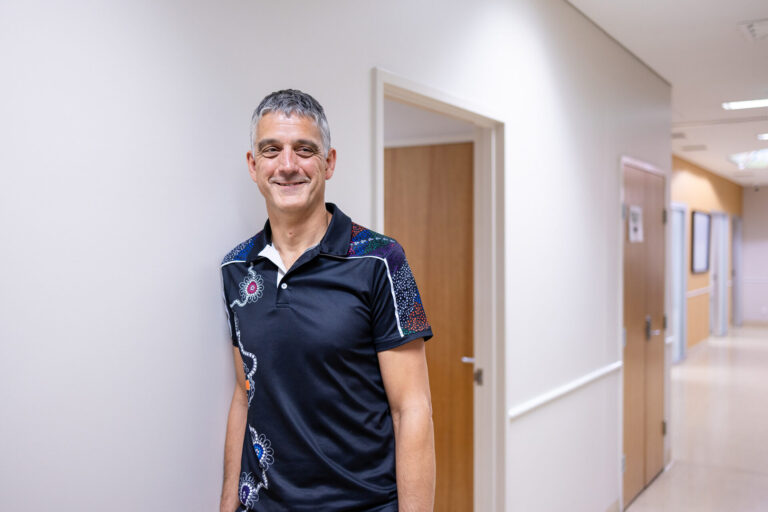Mental health in primary healthcare

Supporting healthcare providers to deliver quality mental health services

Our mission is to enhance the efficiency and quality of primary healthcare services, ensuring that all individuals, particularly those at risk of poor health, receive the care they need.
Mental health is one of our highest priorities. We are committed to supporting healthcare service providers to improve access to quality mental health care and working collaboratively with communities and professionals to support the wellbeing of people across our region.
We work in partnership with clinicians, service providers, people with lived experience and local communities to commission accessible, person-centred services that address our region’s unique challenges. Together we are working towards improving population health, enhancing care experiences, advancing health equity, reducing costs and supporting care teams – mental health services are critical to that.

Programs and services

Based on local needs, WNSW PHN commissions mental health services across all levels of the Stepped Care model, using the Initial Assessment and Referral – Decision Support Tool (IAR-DST) to guide the intensity of support a person requires and referrals.
Level 1 | Self-management
This level of care generally involves accessing evidence-based, appropriate, and culturally safe resources and other forms of self-help. A person suitable for this level of care is typically experiencing mild symptoms/low levels of distress. Resources can be focused on addressing current mental health symptoms or distress, preventing the onset of symptoms, or enhancing and maintaining wellbeing.
Level 2 | Low-intensity services
Evidence-based mental health treatment/intervention services designed to be accessed quickly (without the need for a formal referral, e.g., through a third-party service or provider), easily (through a range of modalities including face-to-face, group work, telephone, and online services) and typically involve few or short sessions.
A person suitable for this level of care is usually experiencing mild symptoms/low levels of distress. Symptoms have typically been present for a short time.
Level 3 | Moderate-intensity services
Moderate-intensity services generally provide a course (or repeated courses) of structured, reasonably frequent, and individually tailored treatment/intervention for mental health symptoms and psychological distress (e.g., a defined number of regular psychological sessions). Access to level 3 services typically requires a referral from a GP or mental health professional. A person requiring this level of care is likely to be experiencing moderate to severe symptoms and distress that would meet the criteria for a mental health diagnosis.
Level 4 | High-intensity services
High-intensity services include periods of intensive service that usually involve multi-disciplinary support and care coordination as multiple services are likely to be involved. Services may need to be provided over a long period of time or periodically as a person’s mental health fluctuates. Level 4 is usually designed to support people experiencing severe symptoms, significant functional impairment, or significant concerns about harm.
Level 5 | Acute and specialist community mental health services
This level usually includes intensive team-based specialist assessment and service (typically state/territory mental health services) with involvement from a range of different mental health professionals. It may involve more intensive care provided by GPs working with acute and specialist teams. A person requiring this level of care usually has severe or very severe mental health symptoms and the service is ideally delivered in the community with outreach to the person within their home or another environment. This level may also involve specialist mental health inpatient and outpatient care within a hospital environment, community-based intermediate care, sub-acute unit, or crisis respite centre.
Please note that WNSW PHN does not fund Level 5 services.

For immediate crisis support, call Lifeline on 13 11 14 or the Mental Health Line on 1800 011 511. In an emergency, always call Triple Zero (000).
